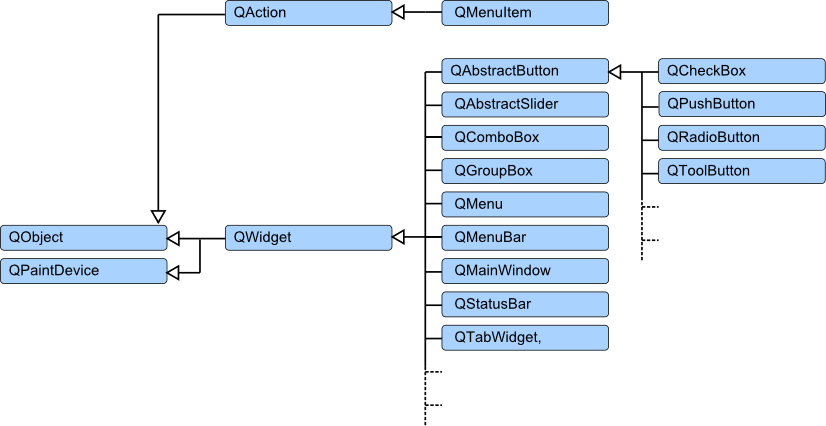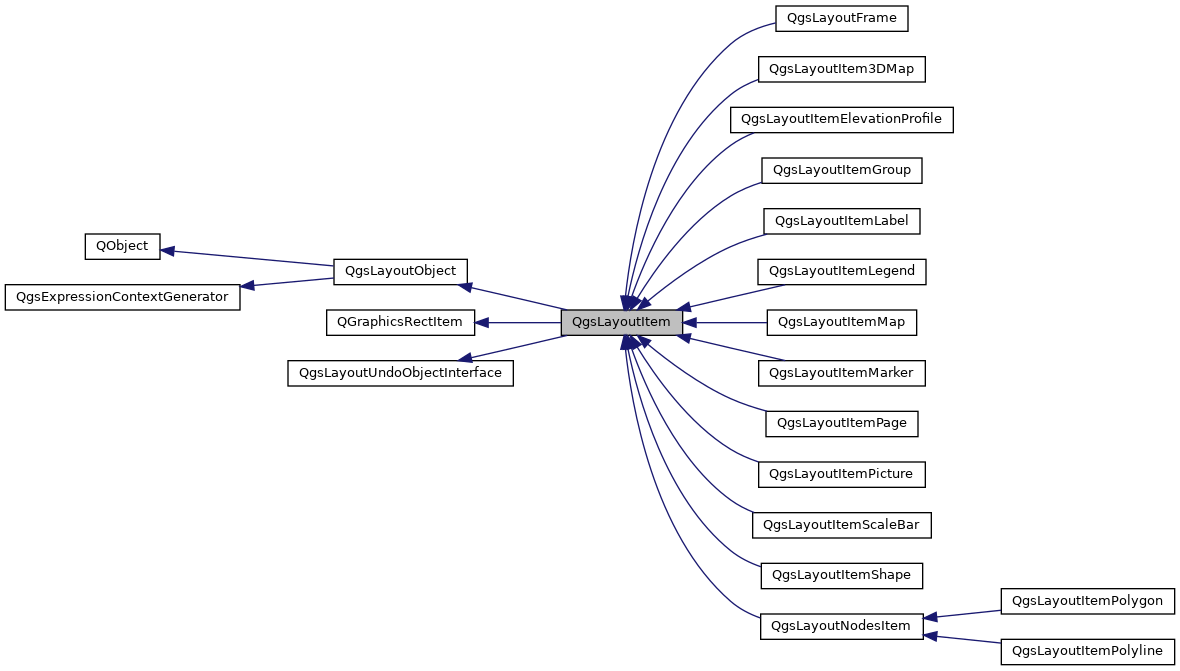Qt Signal Slot Different Class
It would be possible to have the slots to which the resized and moved signals are connected check the new position or size of the circle and respond accordingly, but it's more convenient and requires less knowledge of circles by the slot functions if the signal that is. In this article, we will explore the mechanisms powering the Qt queued connections. Summary from Part 1. In the first part, we saw that signals are just simple functions, whose body is generated by moc.They are just calling QMetaObject::activate, with an array of pointers to arguments on the stack.Here is the code of a signal, as generated by moc: (from part 1).
- Qt Signal Slot Different Classification
- Qt Connect Signal Slot Another Class
- How Qt Signal And Slots Works
Signals and slots is a language construct introduced also in Qt[1] for communication between objects which makes it easy to implement the observer pattern while avoiding boilerplate code. The concept is that GUI widgets can send signals containing event information which can be received by other widgets / controls using special functions known as slots. This is similar to C/C++ function pointers, but signal/slot system ensures the type-correctness of callback arguments.[citation needed]
The signal/slot system fits well with the way graphical user interfaces are designed.[citation needed] Similarly, the signal/slot system can be used for other non-GUI usages, for example asynchronous I/O (including sockets, pipes, serial devices, etc.) event notification or to associate timeout events with appropriate object instances and methods or functions. It is easy to use and no registration/deregistration/invocation code need to be written, because Qt's metaobject compiler (MOC) automatically generates the needed infrastructure.
A commonly used metaphor[according to whom?] is a spreadsheet. A spreadsheet has cells that observe the source cell(s). When the source cell is changed, the dependent cells are updated from the event.
Qt Signal Slot Different Classification
Alternative implementations[edit]

Qt Connect Signal Slot Another Class

There are some implementations of signal/slot systems based on C++ templates, which don't require the extra metaobject compiler, as used by Qt, such as libsigc++, sigslot, vdk-signals, nano-signal-slot, neosigslot, Signals, boost.signals2, Synapse, Cpp::Events, Platinum and JBroadcaster. Common Language Infrastructure (CLI) languages such as C# also supports a similar construct although with a different terminology and syntax: events play the role of signals, and delegates are the slots. Another implementation of signals exists for ActionScript 3.0, inspired by C# events and signals/slots in Qt. Additionally, a delegate can be a local variable, much like a function pointer, while a slot in Qt must be a class member declared as such. The C based GObject system also provides similar functionality via GSignal.In D it is implemented by std.signals.
See also[edit]
Libraries[edit]
Java: sig4j - multi-threaded, type-safe, based on the FunctionalInterface annotation introduced in Java 8.
How Qt Signal And Slots Works
C++: vdk-signals - thread-safe, type-safe, written in C++11 with atomic variables.
References[edit]
- ^'Signals & Slots - QtCore 5.1'. Qt Project. 2013-07-04. Retrieved 2013-07-04.